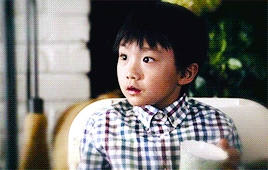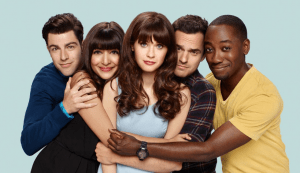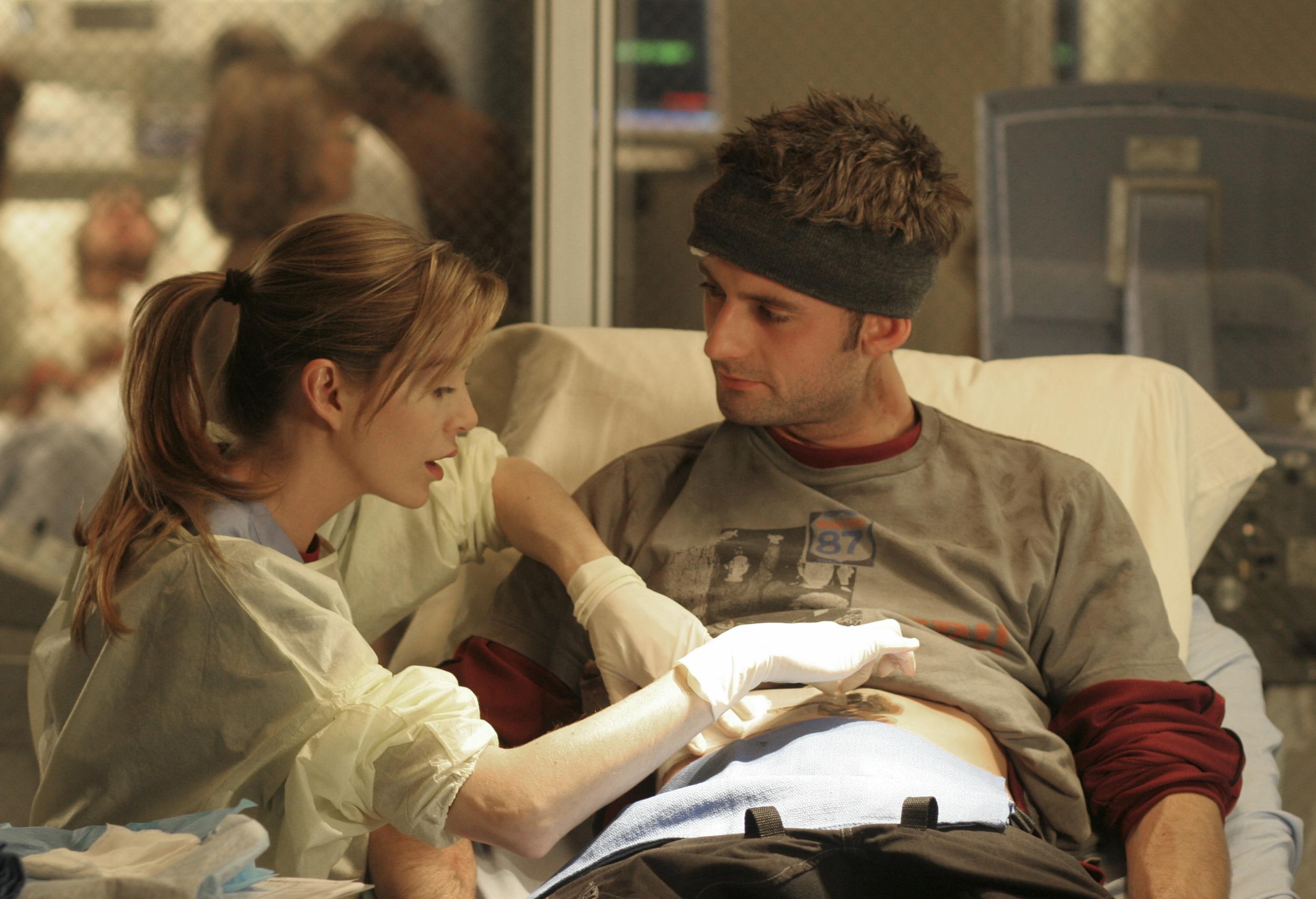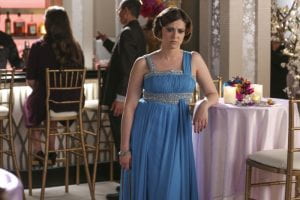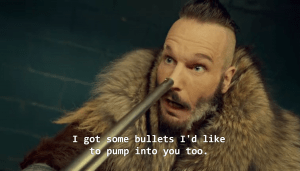In this episode I saw of Grace and Frankie, the theme deals with their age, and the irrelevance that accompanies it. We see various low-key examples of this theme. For example, we see how Frankie has difficulty hearing what Grace says, and how Grace truly cannot read without her glasses.
However, this episode contains some significant examples that deal with this theme. We see how Grace tries to get a job at the company she created, but later passed on to her daughter. The daughter tries to turn down Grace as politely as possible, but Grace can only realize how she has become “irrelevant”. The main blow is given when she realizes her face is no longer on the product, given that young women would not respond well to this packaging. Frankie has a different type of moment where she realized that people would discriminate her due to her age. She applies for a job at a nursing home, but due to her age she is received as someone that wants to live in the nursing home.

Here we see how Grace reacted when she found out her face had been removed from the product.
This episode exemplifies how our society often discriminates people, or sees them as irrelevant due to their age. We often forget that elderly people are still capable of doing great things, and that we should not discriminate them for some small qualities they lack due to their age.
Another theme that is dealt with in the episode is the one of a “blended” family. We can see how tensions run high between step-siblings, and between them and their new step-dad. It is fair to notice that the dinner party with the new “blended” family did not go as planned. We also see how Sol, thinks it would have been better to let more time pass before the first family dinner. This theme is also dealt with, when the fact that, the two dads cheated on their wives before acknowledging and admitting their true love, is discussed.

Here we see the awkward welcoming of the new step-daughter.









